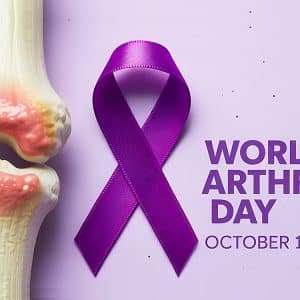The Global Lead Poisoning Awareness Week is an annual event organized by the World Health Organization (WHO) to raise awareness of the health risks associated with lead exposure, especially in children. This can lead to serious health issues, including developmental delays in both mental and physical growth in children, and it also affects the nervous system and brain.
Lead is a toxic heavy metal, and prolonged or large-scale exposure can lead to severe health problems, including effects on the nervous system, digestive system, kidneys, and bones. It can also cause behavioral disorders and delays in mental development in children.
There is a condition in some young children called “Pica,” where children consume non-food items like dirt, clay, chalk, or paper. This is believed to be caused by deficiencies in certain minerals like iron or zinc, psychological or developmental disorders like autism, or environmental and social factors, such as an unhealthy living environment.
Symptoms of Lead Poisoning:
1. Children:
– Delayed growth and development
– Learning and concentration difficulties
– Behavioral disorders
– Loss of appetite
– Fatigue and exhaustion
2. Adults:
– High blood pressure
– Joint and muscle pain
– Memory and concentration issues
– Stomach pain
– Mood disturbances (such as depression and anxiety)
Causes of Lead Exposure:
– Living in old homes with lead-based paints or plumbing.
– Exposure to lead-contaminated dust or soil.
– Working in lead-related industries, such as battery or paint manufacturing.
– Consumption of food or water contaminated with lead.
Wishing good health and safety to all
Medical Advisor
Dr. Mahdi Abd Al-Sahib










